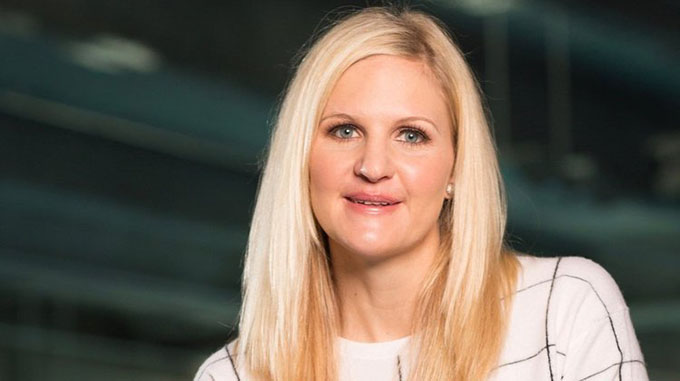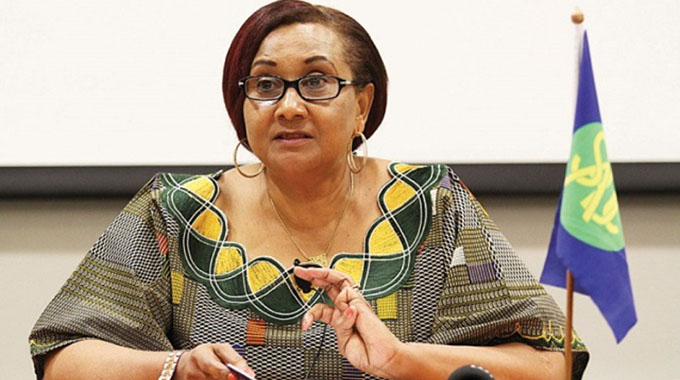Of Marriage Bill, disability

Lovemore Rambiyawo Correspondent
While the media is awash with reports by women waxing lyrical about the proposed Marriage Bill and bemoaning the relaxing of the conditions of civil partnerships, which would have a major impact on determining the rights and obligations of both parties on dissolution of the relationship, women with disabilities in Zimbabwe, whose marriage prospects are staked heavily against them right from childhood, are smarting from their all-encompassing social exclusion from the arena of marriage.
Multiple and intersecting vulnerabilities to violence, starting from birth, combine to make the life of people with disabilities (PWDs), particularly the girl child with disability, an endless ordeal of violence which often unfits them to take proactive health and marriage decisions well into the future.
Whilst children with disabilities run a heightened risk of being abandoned by their fathers, who commonly accuse the wife of dabbling in witchcraft and consider the child to be a curse from God for various indiscretions, the girl child with disability is particularly at risk of abandonment.
Abandonment is the first form of violence against the child. In a study on children and adolescents with disabilities in Zimbabwe conducted by UNICEF (2002) it emerged that mothers were the ones looking after the children with disabilities and not the fathers.
Girls with disability are considered as unworthy investments, as marriage and employment prospects are low and they are consequently subjected to physical and emotional abuse by parents failing to come to terms with the birth of a child with disability.
This consequently compromises the child’s ability to take proactive action to enhance her marriage prospects when she becomes a woman. For the 2,6 million people with disabilities (PWDs) in Zimbabwe, and critically, for the 1 352 000 women with disabilities (UN gives an estimate of 17 328 599 population of Zimbabwe as of Sunday, August 4, 2019), marriage is, indeed, a forbidding arena that PWDs, who constitute 15 percent of every population, according to the World Report on Disability, approach with trepidation.
Neglect, or persistent failure to meet a child’s basic physical and/or psychological needs, is likely to result in the serious impairment of the child’s health or development and is a phenomenon that girls with disabilities often have to contend with in the home, resulting in the girl child with disability often growing up in environments which do not augur well for their socialisation for marriage.
Girls with disabilities are prevented from going to school by parents who see no utility in educating the girl child with disability.
School girls with mental and intellectual disabilities in institutions are often put on Depo Provera without their consent in order to avoid unwanted pregnancies. This is in violation of the principles embodied in the disability convention, which recognises the individual autonomy and independence, including the freedom of all PWDs and girls with disabilities to make their own choices.
Their self-efficacy to take proactive action to enhance their marriage prospects are thus compromised at an early age.
Desertion by the husband and pressures of coping with the demands of raising a child with disability alone make the mothers more prone to depression than their counterparts in stable and supportive relationships and more at risk of turning to substance abuse, thus seriously undermining their ability to cope with parental responsibilities.
This has grave implications on the health and welfare of the girl child with disability, and fitness for marriage.
The World Report on Violence against Children (2006), notes that children with disabilities are at heightened risk of violence for a variety of reasons, ranging from deeply ingrained cultural prejudices to the higher emotional, physical, economic, and social demands that a child’s disability can place on his or her family.
Impairments often make children appear as “easy victims”, of violence not only because they may have difficulty in defending themselves or in reporting the abuse, but also because their accounts are often dismissed and that violence against a child with a disability may be perceived as somehow less serious and the child’s testimony may be regarded as less reliable than that of a person without disabilities.
Again, this impacts more on the girl child with disability and she is likely to carry this baggage into adulthood. Women and girls with visual impairments are more susceptible to be raped with impunity because of their inability to identify the perpetrator; women and girls with hearing impairment because the generality of the society do not understand sign language and the victims normally refrain from reporting the cases to police and girls and women with mental challenges due to their cognitive impairments which might make them unable to perceive that an infringement on their rights would have occurred. Self-efficacy in marriage is resultantly compromised.
To cap it off, we have domestic or family issues where women and men with disabilities are denied their right to inheritance, guardianship, wardship, trusteeship on the basis of disability; women and men with disabilities who are denied their right to marriage, family, parenthood and relationships on the basis of disability and men and women with disabilities whose child or children are separated from them on the basis of their disability.
If the issue of marriage for PWDs is to be resolved at all, it has to be addressed in an integrated and holistic manner that takes into account the interconnectedness of disability problems and not in an ad hoc, reactive, and piecemeal manner.
Lovemore Rambiyawo, who is physically-impaired, is Acting Executive Director of National Association of Societies for the Care of the Handicapped (NASCOH) is an umbrella body to 70 disability organisations in Zimbabwe. The writer can be reached at: [email protected].










Comments